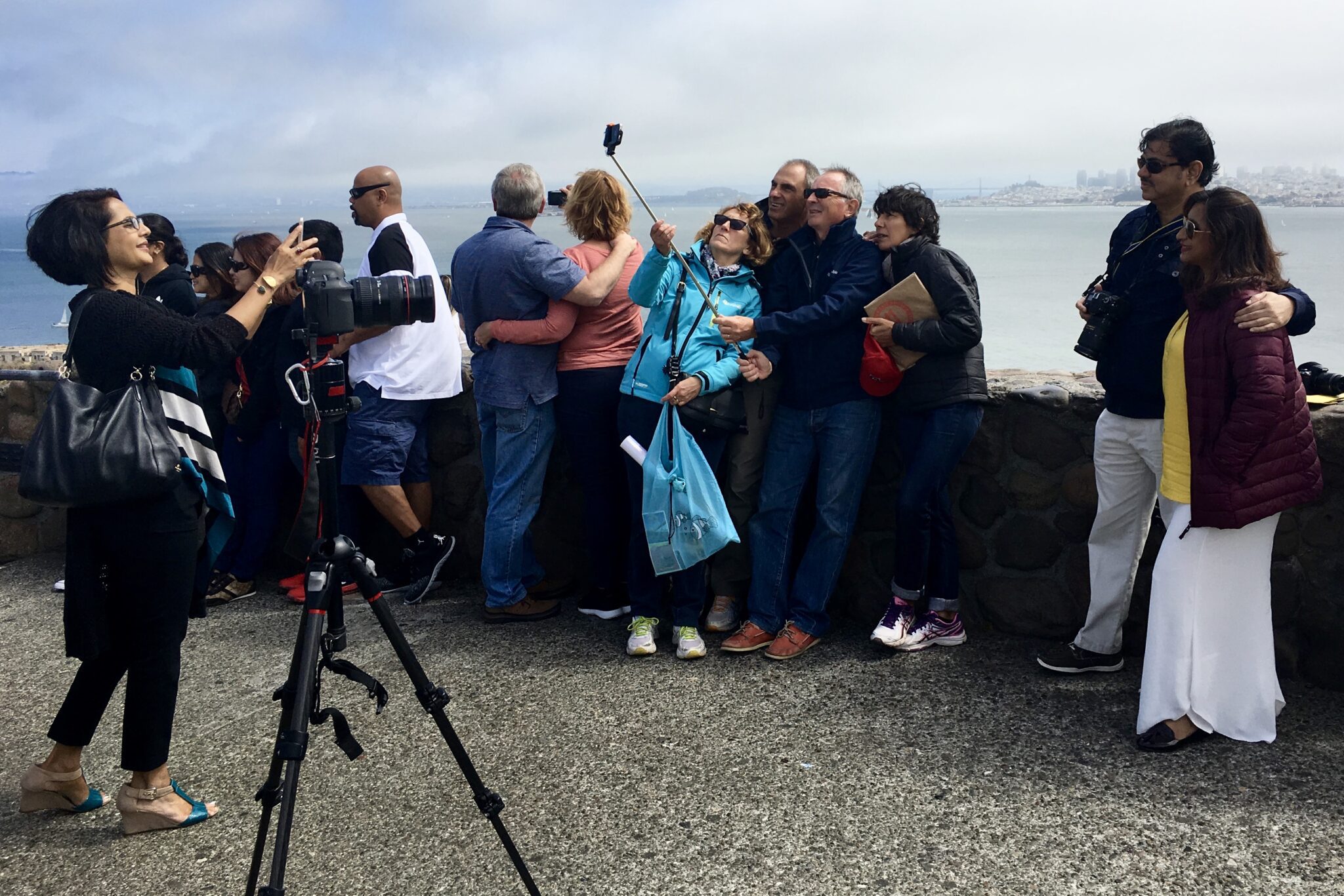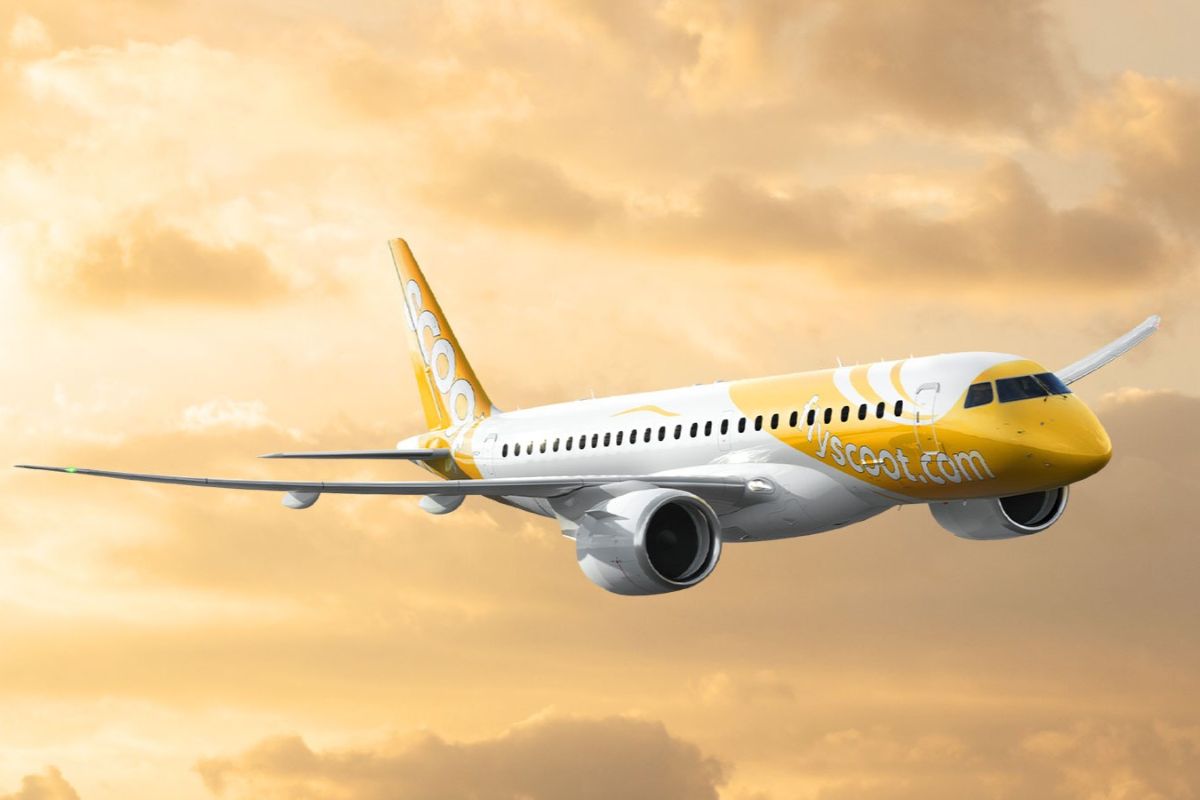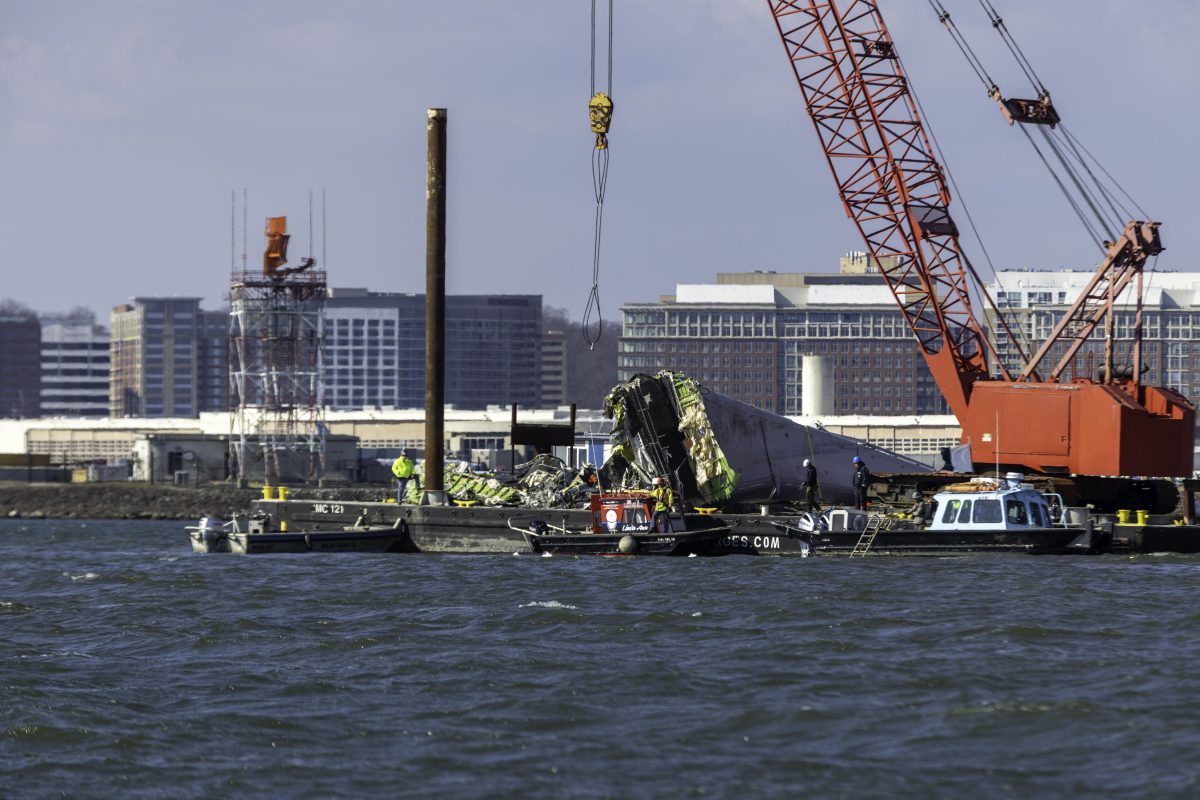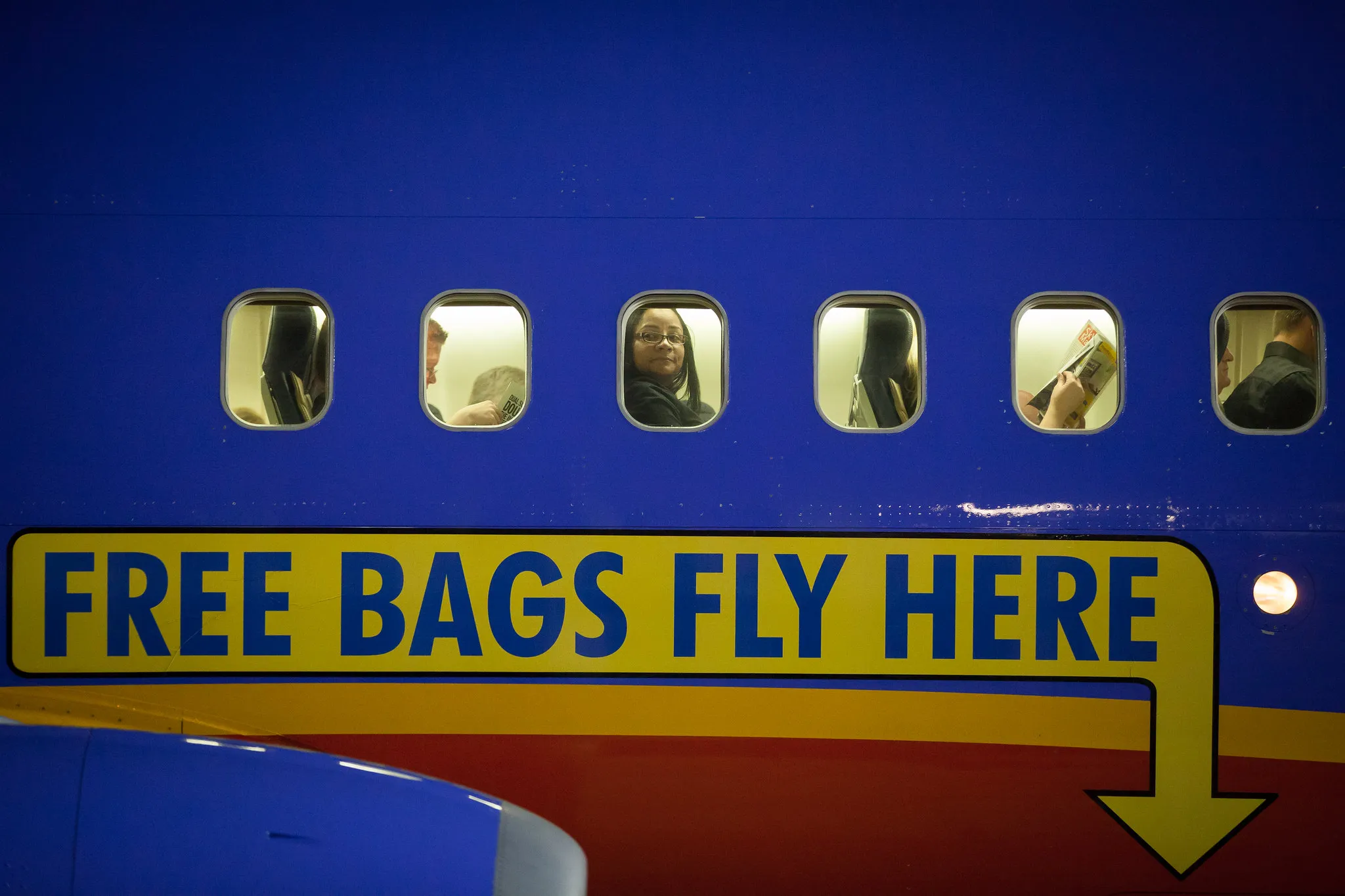Recession Tourism Impact, CrowdStrike’s Defense and AI Vs. Travel Agents

Skift Take

Skift Daily Briefing Podcast
Listen to the day’s top travel stories in under four minutes every weekday.Good morning from Skift. It’s Tuesday, August 6, and now here’s what you need to know about the business of travel today.
Listen Now
🎧 Subscribe
Apple Podcasts | Spotify | YouTube | RSS
Episode Notes
July’s weaker-than-expected job growth sparked a selloff in global financial markets and raised concerns about a recession. Editor-in-Chief Sarah Kopit explains the impact on the travel industry.
In the airline sector, Delta and United have gotten a boost from the rise in premium long-haul demand fueled by travelers more willing to spend freely. As of the second quarter, that support was still there. But if there is a recession, it could benefit low-cost carriers since they do well when budgets are tight.
Kopit reports early signals from hotel earnings suggest signs of a second-half slowdown, adding the picture will be clearer when IHG, Hyatt and Hilton, among other companies, report this week. However, cruise executives said they haven’t seen any slowdown in bookings and guest spending. “Overall, the short answer is no cracks, no deterioration,” said the chief financial officer of Norwegian Cruise Line.
Next, software company CrowdStrike said it didn’t cause the Delta Air Lines meltdown that resulted in thousands of flight cancellations and delays, said Airlines Reporter Meghna Maharishi.
Delta CEO Ed Bastian recently told CNBC the airline would “have no choice” but to sue CrowdStrike. Bastian said he expects Delta to take a $500 million hit from the disruptions that stem from a loss in revenue and the amount it owes in compensation to passengers. Meanwhile, CrowdStrike lawyer Michael Carlinsky argued that Delta didn’t accept the company’s offer of onsite help and asked why Delta’s competitors recovered much more quickly.
Finally, travelers have increasingly sought assistance from travel agents coming out of the pandemic. However, Booking Holdings CEO Glenn Fogel believes AI will eventually lead to a decline in traditional travel agents, writes Executive Editor Dennis Schaal.
Fogel, speaking in an interview on the Decoder podcast, said the position of traditional travel agents will continue to be reduced “as we create the virtual travel agents and as we use all the skills we have in AI.” To compete, Fogel also said it will be important for Booking to offer a higher level of service for its best customers.
However, Zane Kerby, CEO of the American Society of Travel Advisors, pushed back on Fogel’s prediction. Kerby said the customer service travel advisors provide can’t be replicated by AI, comparing online travel agencies to vending machines – a low cost, low service option.





